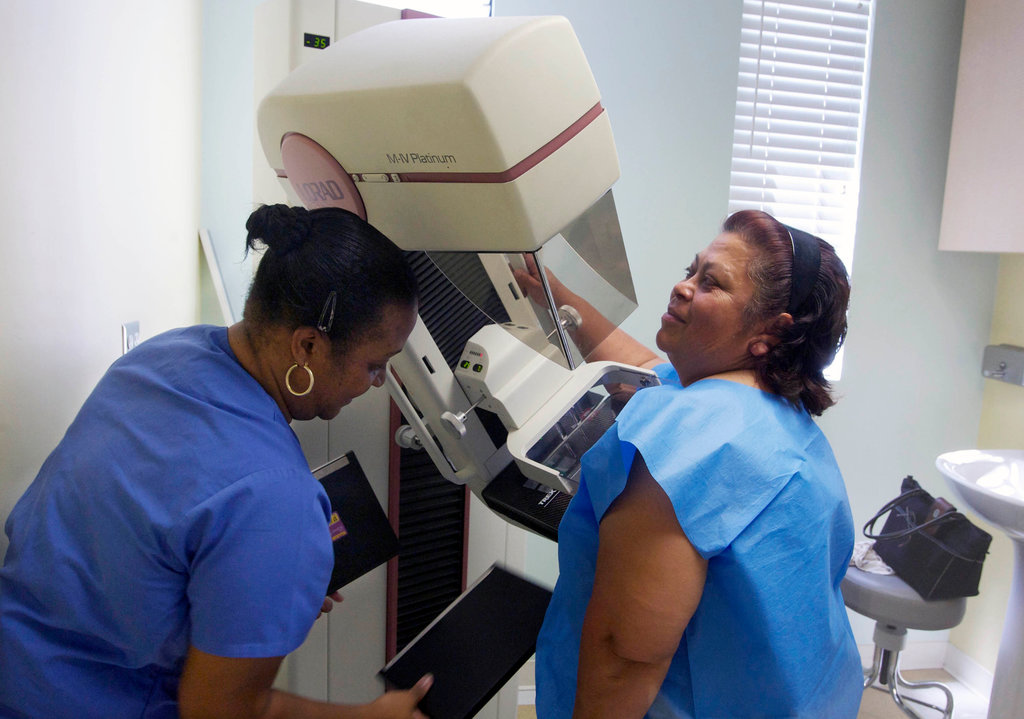Breast cancer is the second most common type of cancer in women worldwide, with approximately 1 in 8 women developing breast cancer in their lifetime. Mammograms are an important tool in the early detection and diagnosis of breast cancer. However, there is ongoing debate about when and how often women should get screened.
Here are some key reasons why mammograms are important for breast health:
Early Detection:
Mammograms are the most effective screening tool for the early detection of breast cancer. They can detect tumors up to two years before they can be felt by a clinical breast exam. The earlier breast cancer is detected, the better the chances of successful treatment and survival.
Increased Survival Rates:
According to the American Cancer Society, breast cancer survival rates have increased in recent years, due in part to the use of mammography. Women who have regular mammograms are more likely to catch breast cancer in its early stages, when it is more easily treated and has a higher chance of survival.
Individual Risk Factors:
The American Cancer Society recommends that women begin getting mammograms at age 40 and continue to get screened annually. However, individual risk factors may influence the frequency and timing of mammograms. For example, women with a family history of breast cancer or certain genetic mutations may need to begin screening at an earlier age or more frequently.
Screening Guidelines:
The recommended guidelines for mammograms vary among organizations, which can lead to confusion for patients. The U.S. Preventive Services Task Force recommends biennial screening for women ages 50 to 74, while the American Cancer Society recommends annual screening starting at age 45 for women at average risk, with the option to start at age 40.
Risks of False Positives:
Mammograms can sometimes result in false positives, where a suspicious area is identified that turns out to be benign. This can lead to unnecessary anxiety, further testing, and even biopsies. However, the benefits of early detection and potentially saving lives outweigh the risks of false positives.
In conclusion, mammograms are an important tool in the early detection and diagnosis of breast cancer. They can increase survival rates and identify breast cancer before it can be felt by a clinical breast exam. While there is ongoing debate about when and how often women should get screened, it is important to discuss individual risk factors and screening guidelines with a healthcare provider. The potential risks of false positives should also be weighed against the benefits of early detection. Regular mammograms are a crucial component of breast health and can potentially save lives.
